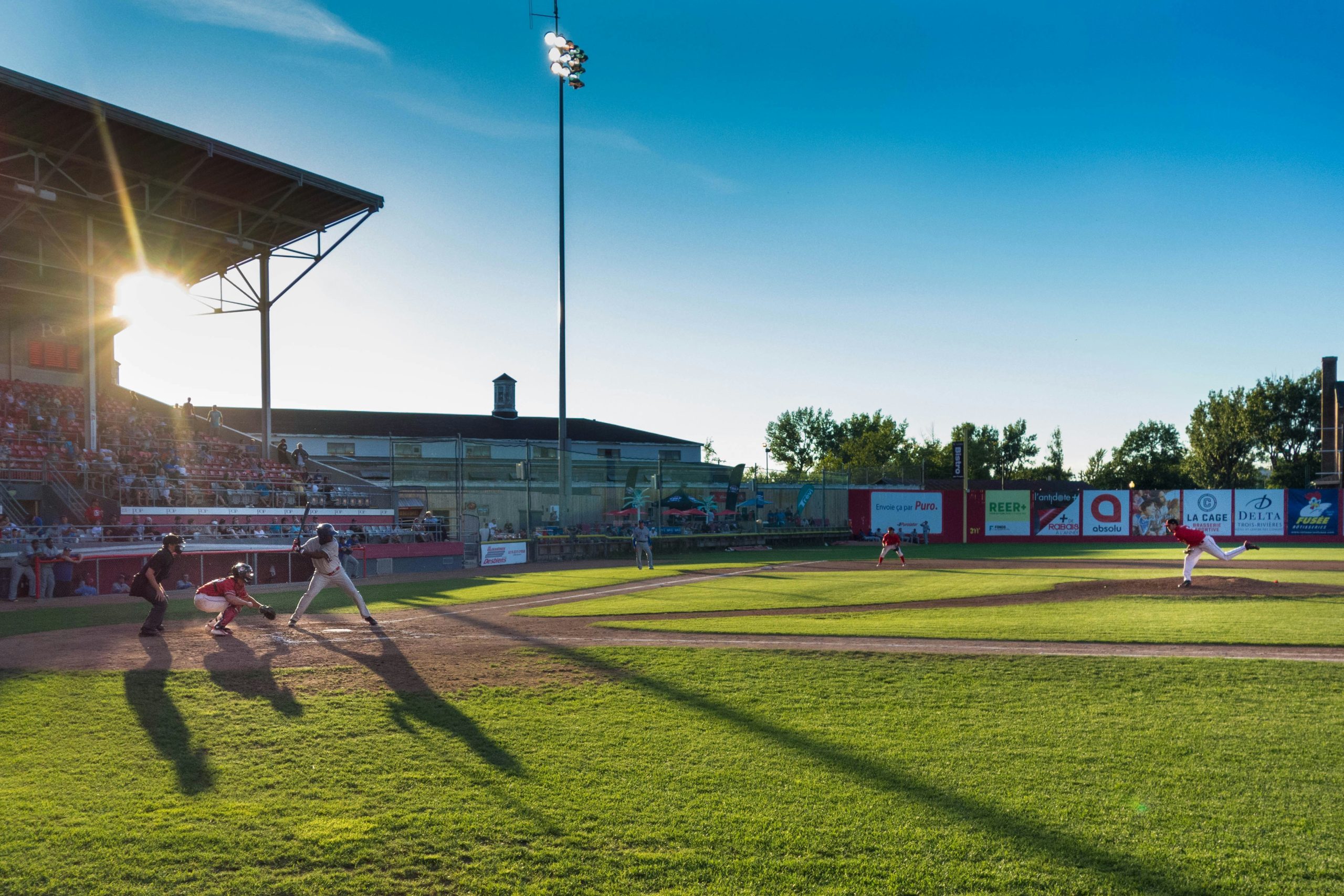
Sports Nutrition Fueling Your Body for Optimal Performance
Fueling Your Body for Peak Performance: Sports Nutrition Essentials
fitness enthusiasts! Let me ask ya a quick question: Ever wondered how those top athletes manage to stay on top of their game? Well, it’s not just about endless training sessions or having superhuman genes (although that helps too!). The secret sauce? You guessed itsports nutrition! Grab a snack (preferably a healthy one) and let’s dive into the world of fueling your body for optimal performance.
What’s the Big Deal About Sports Nutrition?
Alright, let’s get this straight. Sports nutrition isn’t just for pro athletes or bodybuilders. Nope! Whether you’re a weekend warrior, a casual jogger, or someone who’s training for their first marathon, the food you eat can make a world of difference. Imagine your body is like a high-performance car (I always picture a sleek Ferrari!). To run smoothly, you need the right kind of fuel.
The Basics: Macronutrients
Let’s start with the basics, shall we?
- Carbohydrates: These bad boys are your primary source of energy. Think of them as the high-octane fuel for your engine. Complex carbs like whole grains, veggies, and fruits are your best friends.
- Proteins: Your muscles’ best buddies! Proteins help repair and build muscles. Lean meats, fish, eggs, and even beans are great sources.
- Fats: Don’t shy away from fats. Healthy fats (think avocados, nuts, and olive oil) are essential for long-lasting energy and overall health.
Don’t Forget the Micros!
We often talk about macronutrients, but micronutrients (vitamins and minerals) are just as important. They’re like the unsung heroes keeping everything running smoothly in the background.
- Vitamins: Essential for energy production and muscle function. B-vitamins, vitamin D, and antioxidants like vitamins C and E are crucial.
- Minerals: Calcium, magnesium, and iron are vital for muscle contraction, oxygen transport, and energy production.
Pre-Workout Nutrition: Getting Ready to Crush It
Okay, so youve laced up your sneakers, but waitwhat did you eat before hitting the gym? The right pre-workout snack can make all the difference. Aim for a mix of carbs and proteins about 30 minutes to 2 hours before your workout.
Pre-Workout Snack Ideas
- Banana with a dollop of peanut butter
- Greek yogurt with a handful of berries
- A small bowl of oatmeal with some sliced almonds
These snacks provide the necessary fuel without weighing you down. Plus, theyre delicious! (Trust me, I could eat Greek yogurt all day).
Hydration: Don’t Forget to Drink Up!
Alright folks, hydration is key. You wouldnt drive that Ferrari without oil, right? Water plays a crucial role in almost every bodily function. Dehydration can zap your energy and performance faster than you can say “H2O”.
Hydration Tips
- Drink water throughout the day, not just when you’re thirsty.
- For intense workouts, consider a sports drink to replenish electrolytes.
- Check your pee! (Yep, I said it). Light yellow means youre good to go, dark yellow means you need more fluids.
During Workout Nutrition: Keeping the Engine Running
For workouts lasting more than an hour, you might need a little extra fuel to keep you going. This is especially true for endurance sports like running, cycling, or swimming.
During Workout Fuel Ideas
- Energy gels or chews
- Bananas or other easily digestible fruits
- Sports drinks for both hydration and energy
Pro tip: Avoid trying new foods during a big event. Stick with what your body knows to prevent any unexpected surprises (nobody wants a tummy ache mid-race).
Post-Workout Nutrition: Time to Rebuild and Recover
So, you’ve just crushed your workouthigh five! Now, its time to help your body recover and rebuild. The window right after your workout is prime time for refueling. Aim to eat a balanced meal with carbs, proteins, and fats within two hours.
Post-Workout Meal Ideas
- Grilled chicken with quinoa and steamed veggies
- Salmon with sweet potatoes and a side salad
- A smoothie with protein powder, spinach, berries, and almond milk
Remember, this isnt just about replenishing energy but also about repairing muscle tissue and reducing inflammation. Plus, lets be honest, food tastes way better after a tough workout!
Special Diets: Tailoring Nutrition to Your Needs
Theres no one-size-fits-all when it comes to sports nutrition. Some folks thrive on a plant-based diet, while others might prefer keto or paleo. Its all about finding what works best for you and your body.
Vegan and Vegetarian Athletes
Getting enough protein and essential nutrients can be a bit trickier, but its totally doable. Focus on a variety of plant-based proteins like beans, lentils, tofu, and quinoa. Also, consider B12 and iron supplements if needed.
Keto and Low-Carb Diets
These diets can be great for endurance athletes once the body adapts to using fat for fuel. Just make sure youre getting enough healthy fats and stay hydrated, as low-carb diets can sometimes lead to dehydration.
Supplements: Yay or Nay?
Supplements can be a helpful addition to a well-rounded diet, but theyre not magic pills. Think of them as the cherry on top rather than the whole sundae.
Popular Supplements
- Protein Powder: Great for quick and easy post-workout recovery.
- Creatine: Helps with high-intensity performance and muscle growth.
- Branched-Chain Amino Acids (BCAAs): May help reduce muscle soreness.
- Electrolytes: Essential for hydration, especially during intense workouts.
Always consult with a healthcare provider before starting any new supplement. Better safe than sorry, right?
Common Mistakes and How to Avoid Them
Even the best of us can slip up now and then. Here are a few common nutrition mistakes and how to dodge ’em:
- Skipping Meals: Consistency is key. Skipping meals can lead to energy crashes and poor performance.
- Not Eating Enough Carbs: Carbs are your main energy source. Dont cut them out entirely, especially if you’re doing endurance sports.
- Overhydrating: Yep, its possible. Too much water can dilute your electrolytes and lead to hyponatremia (not fun).
Conclusion: Eat Well, Play Hard
So there you have it, folks! Sports nutrition isn’t rocket science, but it does require a bit of planning and knowledge. Remember, everyone’s body is different, so what works for your gym buddy might not work for you. Listen to your body, eat well, stay hydrated, and most importantlyenjoy the journey!
Got any tips or favorite pre/post-workout snacks? Drop ’em in the comments below! Let’s share the knowledge and fuel our bodies the best way we can. Until next time, keep smashing those goals!
